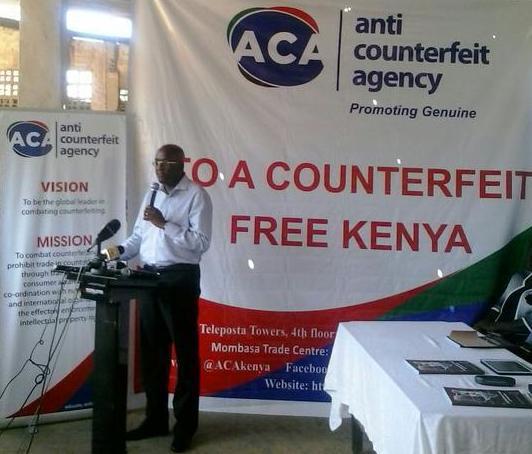
According to a recent article in the Business Daily published here, 80 per cent of electronics sold in the country and 34 per cent of medicines stocked in pharmacies are fake. Further, it is reported that approximately 30 per cent of the drug market is counterfeit and Kenyans are believed to be spending about Sh4 billion each year on fake medicine. This proliferation of counterfeits is also affecting Kenya’s agricultural sector with counterfeit fertilisers, chemicals and seeds which has resulted in decreased agricultural productivity.
Comment:
This blogger wonders: could today’s Kenyan “counterfeiters” and “pirates” become tomorrow’s innovators if IP policies and practices are open and development-oriented? Same may argue that permissive IP could enable locals to acquire knowledge and skills from copying and reverse engineering which in turn could lead to innovation of improved localised products. The fact that 80 per cent of electronics sold in the country and 34 per cent of medicines stocked in pharmacies are fake may be an indicator of local innovation particularly if the fakes are of equal or higher quality than the originals.